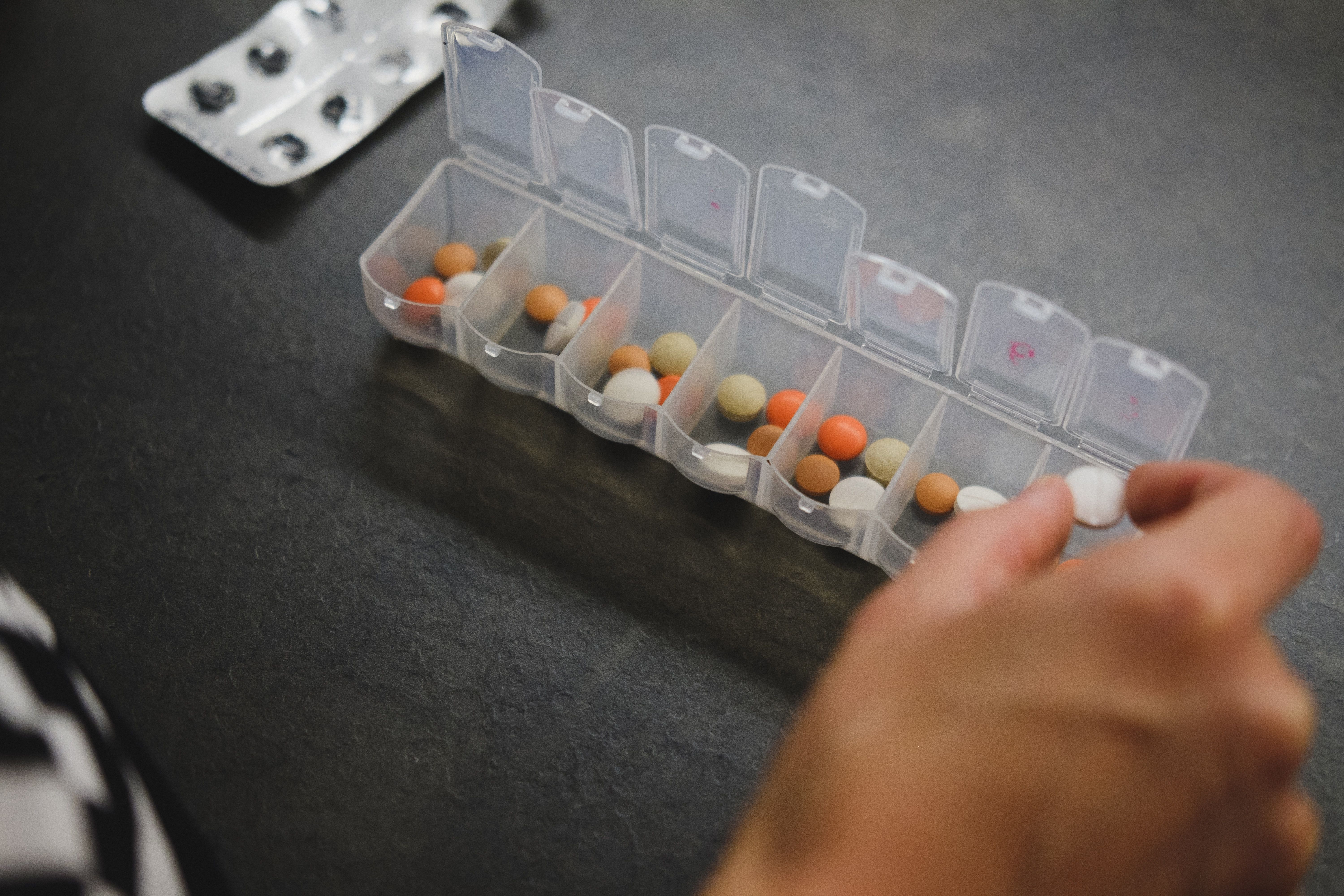Article
Mixed Results Using rTMS to Improve Cognition in Schizophrenia and Bipolar Disorder
Author(s):
Repeated Transcranial Magnetic Stimulation shows more efficacy treating bipolar disorder than schizophrenia.

New strategies are desperately needed to help treat patients suffering from schizophrenia and bipolar disorder.
A team, led by Domenico Sciortino, Department of Pathophysiology and Transplantation, University of Milan, summarized the results of available randomized controlled trials testing Repeated Transcranial Magnetic Stimulation (rTMS) for improving cognitive symptoms in schizophrenia and bipolar disorder.
Both schizophrenia and bipolar disorders are severe psychiatric diseases that are characterized by mild-to-severe cognitive deficits. One of the issues in treating these 2 disorders is available pharmacotherapy has shown poor efficacy in treating the associated cognitive impairments.
A potential new option is rTMS. This therapy is considered a safe and non-invasive technique that could help improve cognitive symptoms in these pathologies.
In the study, the investigators performed a bibliographic research search of databases for randomized controlled trials conducted in patients with bipolar disorder and schizophrenia evaluating cognitive outcomes following rTMS treatment.
Overall, 15 completed trials met the inclusion criteria, 12 of which involved schizophrenia patients and 3 of which involved patients with bipolar disorder.
The researchers found rTMS had poor effects on improving cognitive performances of patients with schizophrenia, with mixed results observed for schizoaffective patients.
In the remaining 3 studies, the investigators found the treatment improved cognitive domains in euthymic patients. However, the effect of rTMS during acute phases, particularly depression, was limited.
“Although the available evidence from RCTs evaluating the efficacy of rTMS on cognitive deficits in SCZ and BD are still mixed and heterogenous, overall, they suggest that rTMS represents a potential clinical tool that could ameliorate cognitive symptoms, especially in specific patients’ subtypes,” the authors wrote. “However, standardized protocols and further research are still necessary to evaluate the real efficacy of rTMS.”
Recently, investigators discovered compared to control cases, there was significant elevation of metabolic parameters in patients treated for schizophrenia, and the type of drug used often mattered.
Investigators from Egypt examined patients with schizophrenia compared to healthy controls in order to evaluate the impact of antipsychotics on schizophrenic’s metabolic parameters after a period of 6 months. Between January 2010 and November 2012, the study authors involved 160 patients with schizophrenia and 50 healthy volunteers.
Among patients with schizophrenia, 59 were treated with haloperidol, 48 on clozapine, 45 on risperidone, and 38 on olanzapine. The investigators also noted the patients’ clinical evaluation, duration of illness, type of schizophrenia, detailed drug history, and BMI measures.
The investigators determined that treatment with antipsychotics impacted fasting blood glucose levels, but was not significant in altering post prandial blood glucose measurements.
They said this meant “that the factor of treatment with antipsychotic is not a contributing factor in the changes in post prandial blood glucose in such model of interaction.” They also noted that the type of drug was not significant in fasting blood glucose, but only weakly significant in post prandial blood glucose.
The study, “Role of rTMS in the treatment of cognitive impairments in Bipolar Disorder and Schizophrenia: a review of Randomized Controlled Trials,” was published online in the Journal of Affective Disorders.





